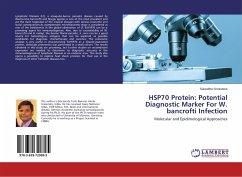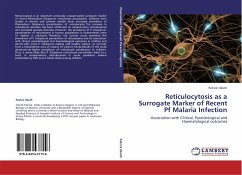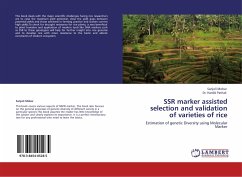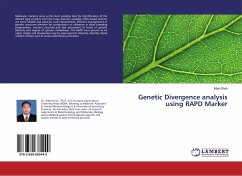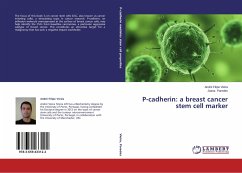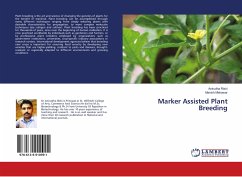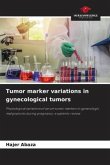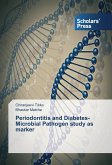Lymphatic filariasis (LF), a mosquito-borne parasitic disease caused by Wuchereria bancrofti and Brugia species is one of the most prevalent and yet the most neglected of the tropical diseases with serious economic and social consequences.As asymptomatic microfilaraemic stage is considered as one of the bottlenecks in the global elimination of LF, ScHSP70 can be a promising agent for immunodiagnosis. Also, due to unavailability of W. bancrofti and B. malayi, the bovine filarial parasite, S. cervi can be a good source for heterologous antigens that can be explored as possible candidates for diagnosis, chemotherapy and vaccines. The proteomic analysis is very useful in characterizing ScHSP70 as a disease-associated protein, although proteomics was performed in a small cohort. The results obtained in this study are promising, but further studies on recombinant expression are needed to determine its diagnostic accuracy in the immunodiagnosis of lymphatic filariasis in an endemic area. This study also opens a possibility to explore heat shock proteins for their use in the diagnosis of other helminth diseases too.
Bitte wählen Sie Ihr Anliegen aus.
Rechnungen
Retourenschein anfordern
Bestellstatus
Storno

